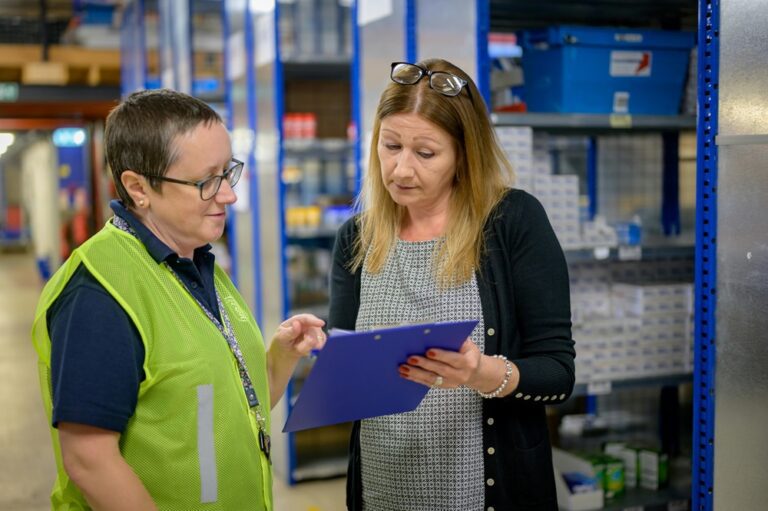Many businesses want to gain a foothold in the global market by quickly adapting to the shifting economic landscape while catering to their customers’ needs. Experts have always said that fostering a growth mindset, experimentation, and investing in technology can help companies to achieve business agility, but so can improving logistics management as it is widely considered as a core component of business success. Studies have shown that logistics service quality can positively influence customer satisfaction, cost efficiency, and sales growth, and it’s why business owners and CEOs should look into improving warehousing, which is one of the most critical components of the logistics chain.
Warehousing operations play an important role in the supply chain as it creates a wide range of benefits for companies that want to achieve competitive advantage. Here’s how efficient warehousing can make your business more adaptive and resilient.
Allows Immediate Response to Market Changes
Warehousing provides a crucial link between manufacturers and customers by streamlining distribution and providing value-added service. To support business agility though, a warehouse has to become more than a mere storage facility and act as a hub that enhances the whole supply chain. A tech device business, for instance, will benefit from effective warehousing processes since it enables efficient tracking of devices and provides a seamless returns process before transferring the products back into the inventory.
Warehousing can also go beyond its traditional functions by allowing businesses to make immediate responses to market changes. Trends change rapidly due to social media and evolving consumer behavior, and these can influence a customer’s priorities, choices, and buying habits. In order to keep up with these changes, businesses can utilize warehousing data to adapt to market trends.
With the help of a warehouse data system, a business owner can predict which products will surge in demand during certain times of the year, allowing them to increase or decrease stocks accordingly. It also helps companies to prevent stockouts, which can have a negative impact on sales. According to a recent survey, around two-thirds of consumers will log off an e-commerce retail site if the product that they want to buy is out of stock. What’s more, 91 percent of buyers will switch to a competitor rather than wait for a product to become available. To maintain customer satisfaction, business owners should optimize their warehousing to ensure that they have ample stock of in-demand products.
Reduces Waste to Enhance Business Sustainability
Modern CEOs know that sustainability is crucial for business agility since it drives innovation, strengthens brand reputation, and reduces waste, all at the same time. Agile warehouse practices can enhance sustainability since these can help to manage stock to prevent product spoilage or disuse. Businesses can effectively reduce waste through standard warehousing techniques like First-In, First-Out (FIFO), or by using inventory management software to keep track of perishable items and expiration dates. Using the tracking feature, warehouse personnel will know which products have the closest expiration dates so they can be picked and shipped first to customers.
Since warehouses are susceptible to mustiness and fungal growth which can spoil or damage goods, integrating smart temperature controls into warehouse facilities should be prioritized to keep stocks in good condition. Smart commercial and industrial humidifier systems can be used to eliminate excessive humidity which can cause mold and mildew growth. Meanwhile, a smart thermostat can keep warehouse temperature stable to prevent spoilage and keep germs and harmful bacteria at bay. Using these smart devices can result in less waste, which can help to create an eco-conscious culture within your business.
Clears the Way for New Market Entry
Market congestion or overcrowding can lead to intense competition between businesses and reduced sales. Providing new features to existing products, or offering new items may encourage your customers to make new purchases. But to achieve business agility, you may want to consider entering a new market by setting up a warehouse near a target location or a transportation hub. By relocating your warehouse closer to potential customers, you can shorten and speed up the delivery process, lower transportation costs, and improve order accuracy. All of these can lead to customer satisfaction and cultivate brand loyalty in a new market.
Warehouse operations and processes can have a significant impact on business success. With efficient warehousing, you can achieve business agility and improve your business’s reputation and longevity.






